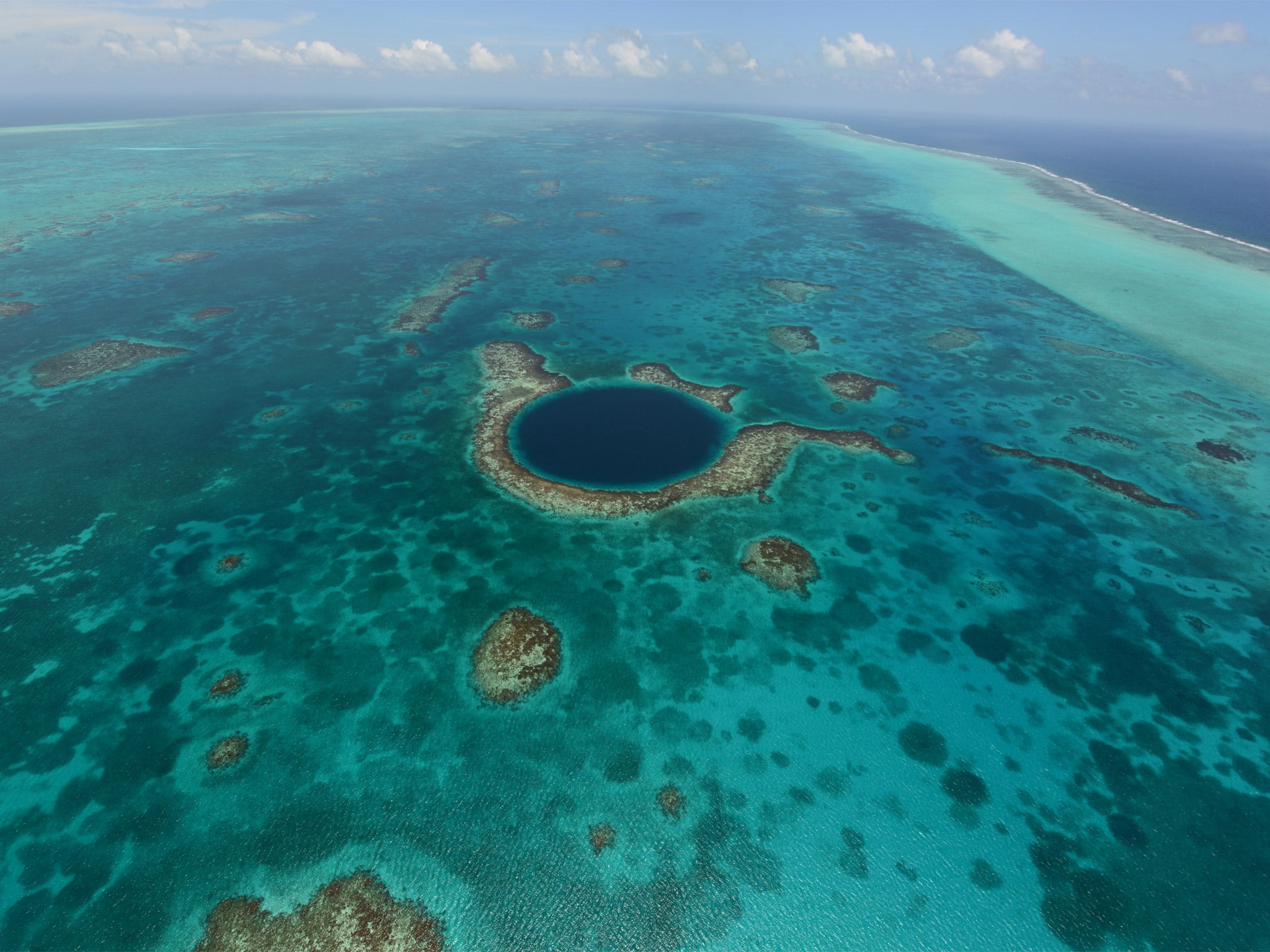Caribbean coral reefs are declining at 'an alarming' rate
Climate change is the main cause of coral decline

Your support helps us to tell the story
From reproductive rights to climate change to Big Tech, The Independent is on the ground when the story is developing. Whether it's investigating the financials of Elon Musk's pro-Trump PAC or producing our latest documentary, 'The A Word', which shines a light on the American women fighting for reproductive rights, we know how important it is to parse out the facts from the messaging.
At such a critical moment in US history, we need reporters on the ground. Your donation allows us to keep sending journalists to speak to both sides of the story.
The Independent is trusted by Americans across the entire political spectrum. And unlike many other quality news outlets, we choose not to lock Americans out of our reporting and analysis with paywalls. We believe quality journalism should be available to everyone, paid for by those who can afford it.
Your support makes all the difference.The existence of most Caribbean coral reefs is threatened over the next 20 years without action to stem dramatic declines, conservationists have warned.
Caribbean corals have dived by more than 50 per cent since the 1970s, and are at just one sixth of their peak, mainly due to the loss of parrotfish and sea urchins which graze on the reefs, a new report shows.
“The rate at which the Caribbean corals have been declining is truly alarming,” said Carl Lundin, director of the International Union for Conservation of Nature (IUCN), one of the groups behind a new study.
“But this study brings some very encouraging news: the fate of Caribbean corals is not yet beyond our control and there are some very concrete steps that we can take to make them recover,” he added.
Measures such as restoring parrotfish populations and protecting reefs from overfishing and excessive coastal pollution could help reefs recover. They would also make them more resilient to the impacts of climate change, the experts said.
The report, which was put together by the Global Coral Reef Monitoring Network and the United Nations Environment Programme (UNEP) analysed more than 35,000 surveys at 90 Caribbean locations since 1970.
The experts said that while climate change - long thought to be the main culprit in coral degradation - posed a serious threat by making the seas more acidic and causing bleaching of corals, the main cause of declines has been the loss of grazing creatures.
“Even if we could somehow make climate change disappear tomorrow, these reefs would continue their decline,” said Jeremy Jackson, lead author of the report and IUCN’s senior advisor on coral reefs.
“We must immediately address the grazing problem for the reefs to stand any chance of surviving future climate shifts.”
Sea urchins suffered a mass decline from an unidentified disease in 1983 and extreme fishing has pushed parrotfish to the brink of extinction in some areas.
Reefs protected from overfishing, as well as coastal pollution, tourism and coastal development are more resilient to climate change, the report said.
Ayana Johnson, of the Waitt Institute's Blue Halo Initiative which is collaborating with Barbuda in the development of its marine management plan, said: "Barbuda is about to ban all catches of parrotfish and grazing sea urchins, and set aside one third of its coastal waters as marine reserves.
"This is the kind of aggressive management that needs to be replicated regionally if we are going to increase the resilience of Caribbean reefs."
The Caribbean is home to nine per cent of the world's coral reefs, generating £1.75 billion annually from tourism and more than a hundred times more in other goods and services, which 43 million people depend on, the experts said.
Join our commenting forum
Join thought-provoking conversations, follow other Independent readers and see their replies
Comments